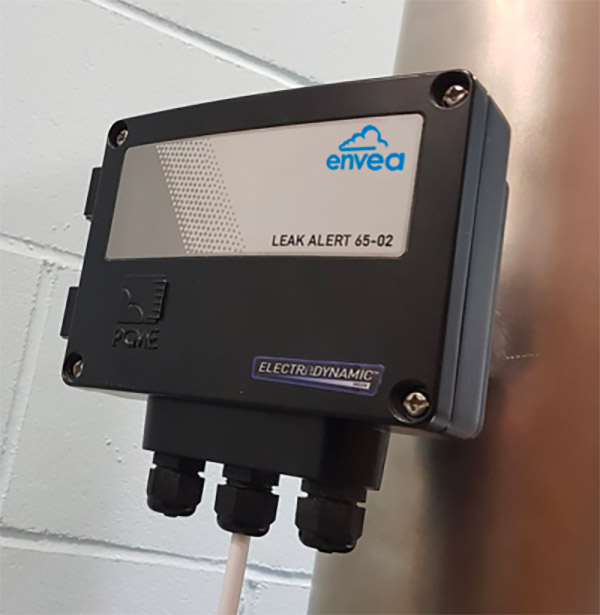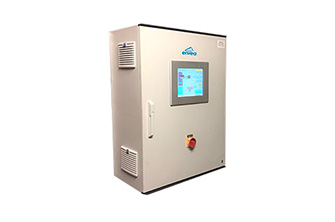
APPLICATION
HEPA filters can become less effective due to operational wear and tear or through possible mishandling during maintenance work. An effective solution to remotely monitor the HEPA filter performance can enable proactive filter maintenance thereby helping to reduce dust emissions, exposure to pharmaceutical dust in the workplace and wastage.
SOLUTION
The ENVEA Controller, with its graphical display located close to the sensor, allows the local display of relative HEPA performance whilst providing the remote observation of dust emissions in real-time via a 4-20mA signal and the ENVEA DUST TOOLS software.
The initial installation provided significant cost savings in terms of reduced product loss which resulted in the installation of further ENVEA LEAK ALERT 65-02 monitors in other transfer lines. Additional ElectroDynamic™ sensors were installed on bag filters in the tableting area to alert Production and Maintenance Departments of further leakages and product wastage before the final tablet manufacturing process.
CUSTOMER BENEFITS
- Local and remote real time observation of HEPA performance
- Early identification of filter damage
- Enables proactive maintenance regimes
- Optimised production
- Reduction in wastage costs
- Assists prevention of overexposure to dust in the workplace


